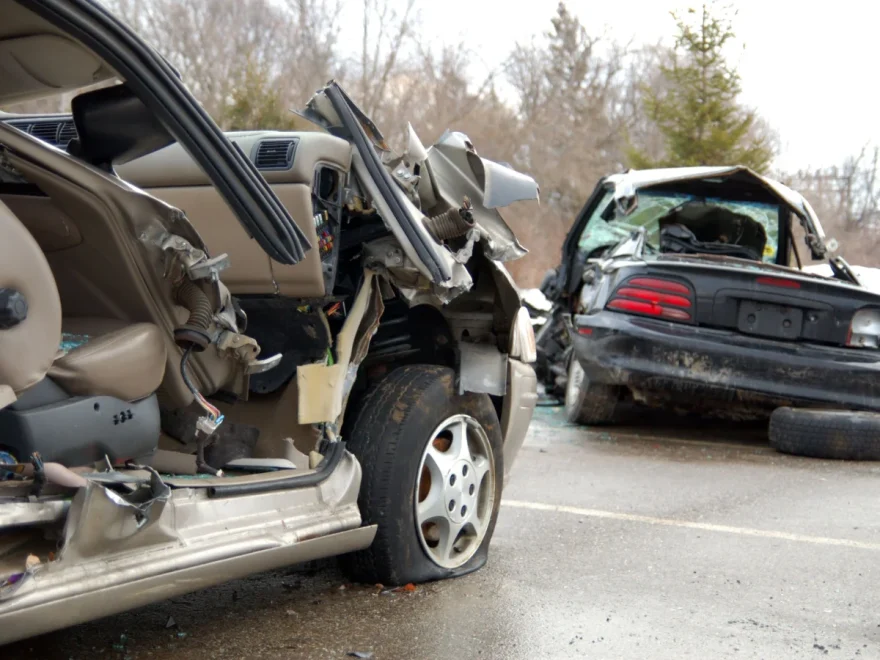Introduction
When your vehicle is declared a total loss after an accident, you might be left wondering about your options. State Farm offers a “buy back” program, which allows you to keep your totaled car. In this article, we’ll explore State Farm’s buy-back totaled car reviews and provide you with insights to help you decide whether this option is right for you.
1. Understanding State Farm’s Buy Back Program
State Farm’s buyback program is an option for policyholders whose vehicles have been declared total losses. Instead of accepting the settlement and relinquishing your car to the insurance company, you can choose to keep the vehicle.
2. Pros and Cons of Buying Back a Totaled Car
Pros:
- Sentimental Value: If your car has sentimental value, buying it back can be emotionally significant.
- Lower Costs: Repairs might be more affordable than purchasing a new vehicle.
Cons:
- Salvage Title: The vehicle will have a salvage title, which can affect its resale value and insurability.
- Safety Concerns: Repaired vehicles may not meet the same safety standards as undamaged cars.
3. The Buy Back Process
If you decide to buy back your totaled car, the process involves:
- Agreeing to the buyback with State Farm.
- Paying the agreed-upon salvage value to the insurance company.
- Arranging for repairs and inspections as necessary.
4. State Farm Buy Back Totaled Car Reviews: What Customers Say
While the buy-back option can be appealing, it’s essential to consider what other customers have experienced. Reviews often provide valuable insights into the process.
“I bought back my car after the accident. It had sentimental value to me. The process was straightforward, but repairs took longer than expected.”
“I decided to keep my totaled car, and it was a wise choice. Repairs were cheaper than I thought, and I had my car back with a salvage title.”
“Keeping the car was a cost-effective decision for me. While it’s not perfect, I’m satisfied with my choice.”
“I considered buying back my car, but the repair costs were too high. It’s crucial to weigh the expenses before deciding.”
5. Factors to Consider When Deciding to Buy Back a Totaled Car
When contemplating whether to buy back your totaled car, consider the following:
- Salvage Title: A salvage title can affect the car’s value and insurability.
- Repair Costs: Obtain repair estimates and compare them to the settlement offer.
- Safety: Ensure that repaired safety features meet industry standards.
- Emissions Testing: Check if your state requires additional emissions testing for salvaged vehicles.
6. FAQs About State Farm’s Buy Back Program
1. Can I keep my car if it’s declared a total loss by State Farm?
Yes, you have the option to keep your totaled car through State Farm’s buy-back program.
2. Will my car have a salvage title if I buy it back?
Yes, a buy-back car typically comes with a salvage title.
3. Can I insure a car with a salvage title?
Yes, but insurance options may be limited, and premiums can be higher.
4. Are there any restrictions on repairing a buy-back car?
State Farm may have specific repair guidelines, so it’s essential to discuss this with them.
5. How does a salvage title affect a car’s resale value?
A salvage title can significantly reduce a car’s resale value.
7. Conclusion
State Farm’s buy-back totaled car program offers an alternative to accepting a total loss settlement. While it can be an appealing option, it’s crucial to weigh the pros and cons carefully. Customer reviews provide valuable insights into the process, and understanding the implications of a salvage title is essential. Make an informed decision based on your specific circumstances, budget, and sentimental attachment to your vehicle.
Read More: https://kohlscom-activate.com/
More Related:
Does State Farm Homeowners Insurance Cover Sewer Line Replacement?
Replace My Check: Understanding the State Farm Process
Understanding State Farm Late Payment Fees: What You Need to Know
Understanding State Farm’s Claims Process: How Many Claims Before a Policy is Dropped
Understanding State Farm Towing Reimbursement: A Guide for Policyholders
Understanding State Farm Non-Compete Agreements: What You Need to Know
Demystifying State Farm’s Total Loss Claim Process

